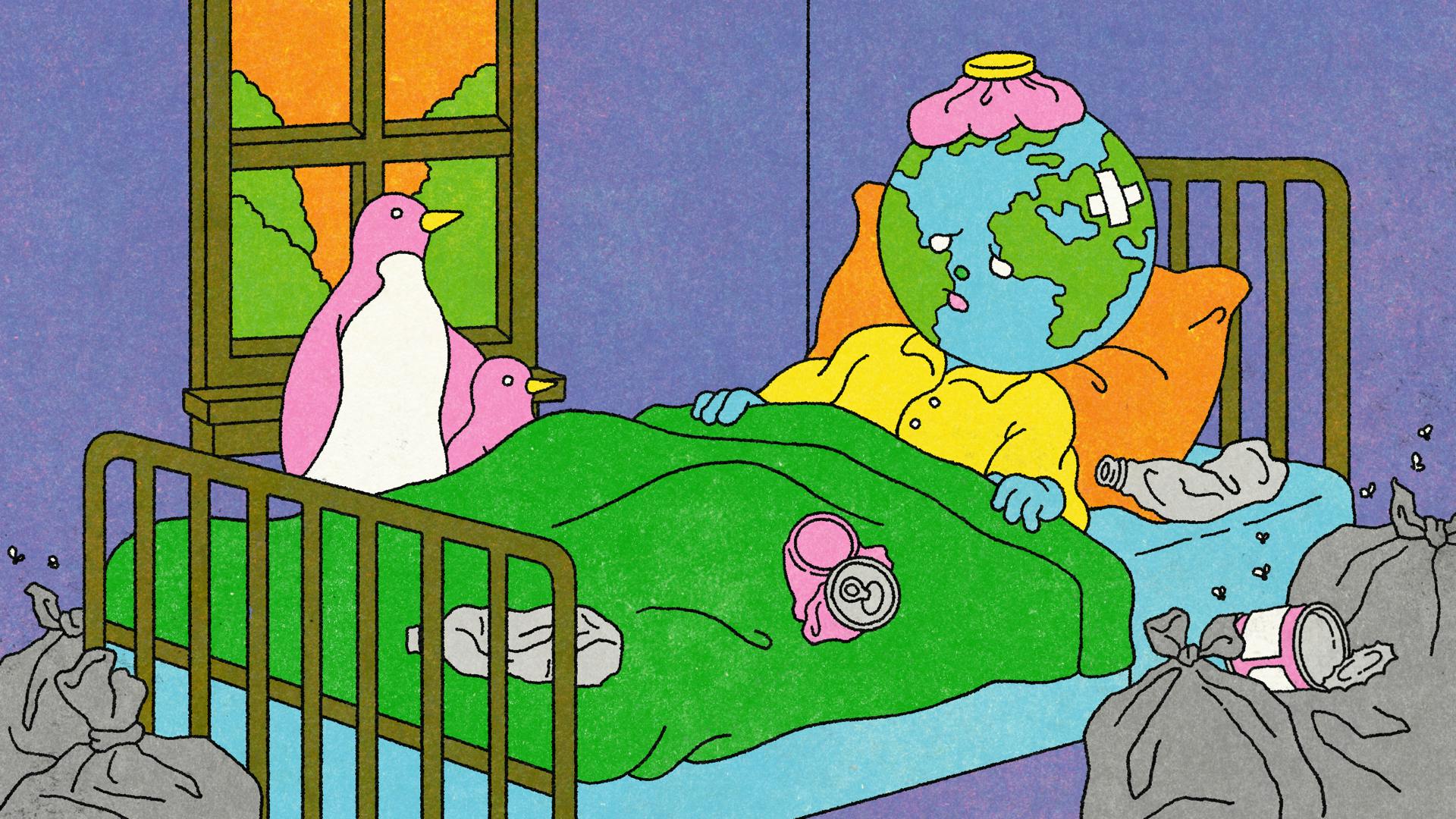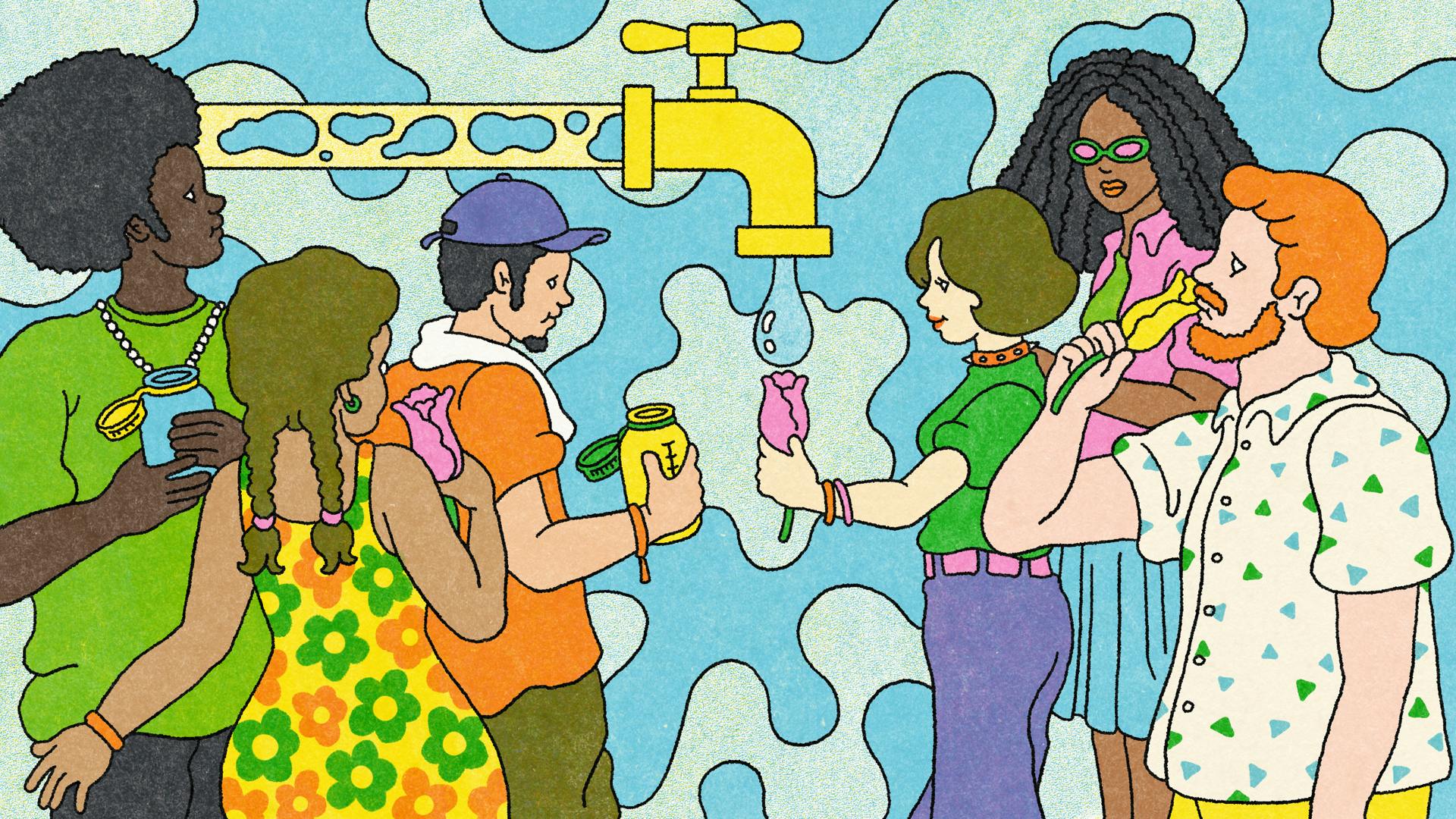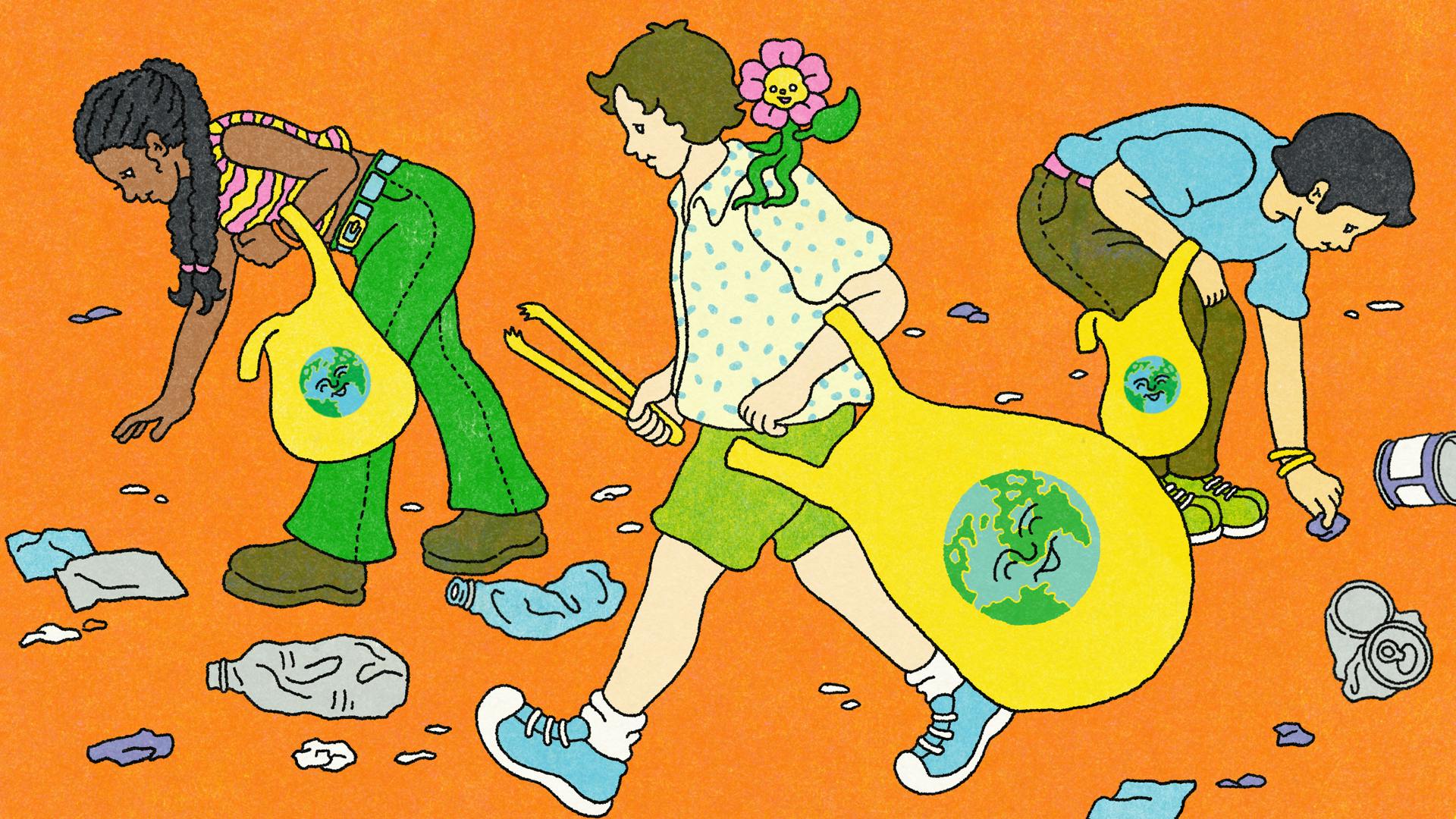On a hot July day in 2022, Sarah Gaines pushed through the crowds at Newport Folk Festival in Rhode Island, keen to get to the stage where she was going to be a supporting artist. Well, not artist, not really – the 45-year-old mother of two wasn’t going to be harmonising or dancing with singer-songwriter Madi Diaz on stage. In actual fact, Sarah was more of a supporting cyclist. In her teal shorts and wide-brimmed sun hat, she took her place in front of the stage and pedalled furiously – the energy she generated helped to fuel Diaz’s set.
Last year, for the first time, the Newport Folk Festival set up a stage partly powered by stationary bicycles; cyclists like Sarah rode along to the music, generating an electricity supply for the stage’s soundsystem. “It was really exciting,” says Sarah, who enjoyed it so much that she returned the next day to let her kids have a go. “It was really fun. It was clever. I thought it was a great opportunity to educate people, but to also invite people to be part of the solution.”


